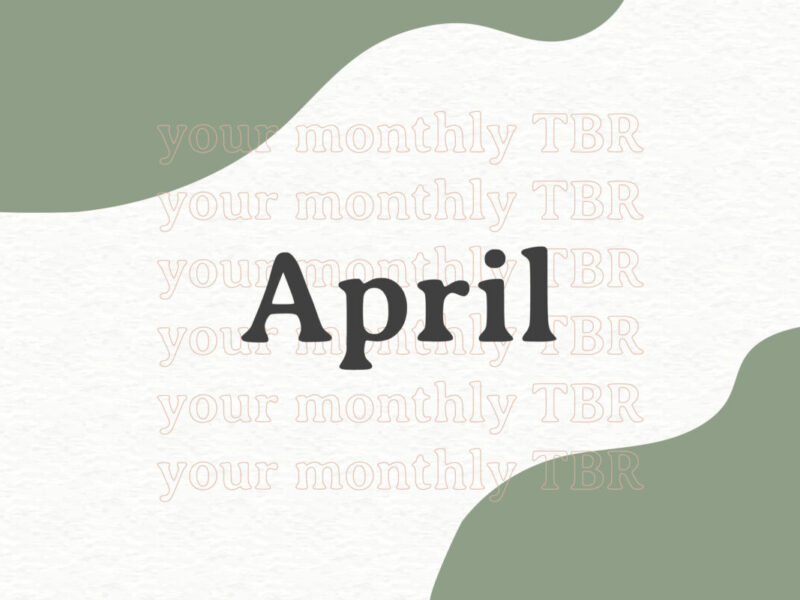From Gilmore Girls to Mamma Mia!, mother-daughter relationships have long served as a pop-culture cornerstone. It’s easy to see why: The mother-daughter bond counts among the most complex and the most powerful. According to Psychology Today, an estimated 80 to 90 percent of women rate these connections as strong even in midlife, when they’ve moved away, established careers, and perhaps even welcomed children of their own. Poetry pays tribute to mothers and daughters from many lenses, tracing the attachment throughout time, tensions, and boundless love. Here are five of Read Poetry’s favorites about the timeless topic.
“B (If I Should Have a Daughter)” by Sarah Kay
This spoken word poem turned TED Talk has more than 14 million views and subtitles translated into 42 languages. The premise stands out as simple, yet heartwarming: Kay beautifully reflects on the lessons she would teach her daughter and the lessons she hopes to gain from motherhood, all with a gentle empathy that would soothe every listener. All in all, it’s a love letter to the mother-daughter dynamic, exploring how it transcends both generations and heartache.
“There’ll be days like this, my momma says,” Kay remembers, literally breaking into song. “When you open your hands to catch and wind up with only blisters and bruises; when you step out of the phone booth and try to fly and the very people you want to save are the ones standing on your cape; when your boots will fill with rain, and you’ll be up to your knees in disappointment. And those are the very days you have all the more reason to say thank you.”
“First Fall” by Maggie Smith
“First Fall” comes from Smith’s beloved collection Good Bones (yep, the titular poem went viral), which she dedicates to her own mother. The book centers around the questions that Smith’s children ask her — and the process of delving into difficult answers. In this poem, like in many of her others, Smith contends with the world’s juxtaposition of dark realities and bright, undeniable beauty, navigating it all through the eyes of her children. Here, she speaks directly to her infant daughter as the baby witnesses the seasons changing for the very first time, providing readers with a quiet sense of peace and an opportunity to revel in imagery.
“I’m your guide here,” Smith writes, giving voice to the way mothers faithfully lead us through unknown and sometimes scary situations. “Fall is when the only things you know / because I’ve named them / begin to end. Soon I’ll have another / season to offer you: frost soft / on the window and a porthole / sighed there, ice sleeving the bare / gray branches. / The first time you see / something die, you won’t know it might / come back.”
“A Newborn Girl at Passover” by Nan Cohen
Special traditions and rituals often form cherished memories between mothers and daughters. The short yet stunning “A Newborn Girl at Passover” memorializes this impact, creating a parallel between heritage and motherhood in order to mark both as sacred. Since the Jewish people have celebrated Passover since 1300 BC, Cohen meditates on the significance of passing down this history to a new generation.
“A child is born and doesn’t know what day it is,” Cohen marvels. “The particular joy in my heart she cannot imagine. / The taste of apricots is in store for her.”
“The Daughter” by Carmen Giménez Smith
In “The Daughter,” poet Giménez Smith muses about both her daughter’s lineage and the possibilities of her future. Throughout its winding, reverent stanza, the poet recognizes her own traits in her daughter, yet also celebrates the ways in which her daughter is her own, distinct person. This empowering poem will cause us all to examine the characteristics our mothers have passed down to us, while also relishing in our individuality.
“Daughter, where did you get all that goddess?” Giménez Smith wonders. “Her eyes are Neruda’s two dark pools at twilight. / Sometimes she’s a stranger in my home because I hadn’t imagined her. / Who will her daughter be? / She and I are the gradual ebb of my mother’s darkness. / I unfurl the ribbon of her life, and it’s a smooth long hallway, doors flung open. / …Inside of her, my grit and timbre, my reckless.”
“The Raincoat” by Ada Limón
National Book Award finalist Limón writes often about mothers and daughters, infertility, and female identity. In “The Raincoat,” she employs an evocative poetic strategy that many of us could use as a prompt: illustrating the overall arch of a relationship, in this case, the one she has with her mother, through one specific memory. Limón reflects on the scoliosis appointments her mother drove her to, returning to them through her own childhood perspective and through a newfound adult knowledge. Overall, she realizes how much mothers truly give to their children, and how maternal love can serve as shelter.
“My mom would tell me to sing / songs to her the whole forty-five-minute / drive to Middle Two Rock Road and forty- / five minutes back from physical therapy. She’d say, even my voice sounded unfettered / by my spine afterward. / So I sang and I sang,” Limón remembers. “I never / asked her what she gave up to drive me, / or how her day was before this chore.”
“Today, / at her age, I was driving myself home from yet / another spine appointment, singing along / … and I saw a mom take her raincoat off / and give it to her young daughter when / a storm took over the afternoon. My god, / I thought, my whole life I’ve been under her / raincoat thinking it was somehow a marvel / that I never got wet.”
Feeling inspired? Pen a poem about a maternal figure in your life. For an extra challenge, consider writing it in her voice and from her perspective.




